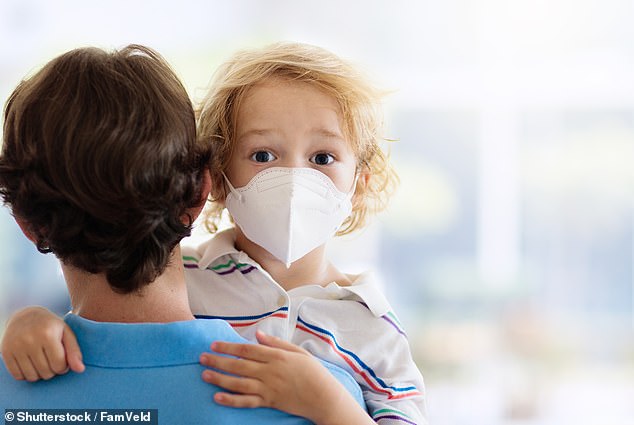With the first COVID-19 vaccines authorized for emergency use by the U.S. Food and Drug Administration (FDA) and certain groups now able to get vaccines, parents might be wondering when their children will be vaccinated against the coronavirus.
Clinical trials for the first FDA-authorized COVID-19 vaccines have not yet been completed for participants younger than 16. Before children can receive a vaccine, the FDA and the U.S. Centers for Disease Control and Prevention (CDC) must determine that testing results show that the vaccines are safe and effective in children.
Johns Hopkins experts say COVID-19 vaccines may be authorized for children above age 12 by late spring or early summer. For kids under 12, it may be late 2021 or 2022 before COVID-19 vaccines are authorized. When children will actually be able to get the vaccine, however, will also depend on the supply, which is distributed to groups of people based on priority.
So far, the COVID-19 vaccine by Pfizer has been authorized for those 16 years old and up. Participants ages 12 to15 have been enrolled to test the vaccine in their clinical trials. The vaccine by Moderna is authorized for people 18 and older, and children ages 12 through 17 are being enrolled in their trials.
Once the FDA authorizes the vaccines for children—and the supply is adequate for this purpose—providers may begin administering the vaccine.
For now, Johns Hopkins experts say the best way parents can reduce the chance of their child catching COVID-19 is by continuing to practice prevention measures, such as wearing face masks and maintaining safe physical distance from others, as well as practicing appropriate hand hygiene.
Aaron Milstone, M.D., M.H.S., infectious diseases specialist at Johns Hopkins Children’s Center and professor of pediatrics at the Johns Hopkins University School of Medicine, and Kawsar Talaat, M.D., assistant professor at the Johns Hopkins Bloomberg School of Public Health, who specializes in infectious diseases and holds a joint appointment in the school of medicine, are available for interviews about the COVID-19 vaccine and children.
Kim Polyniak, Johns Hopkins University


